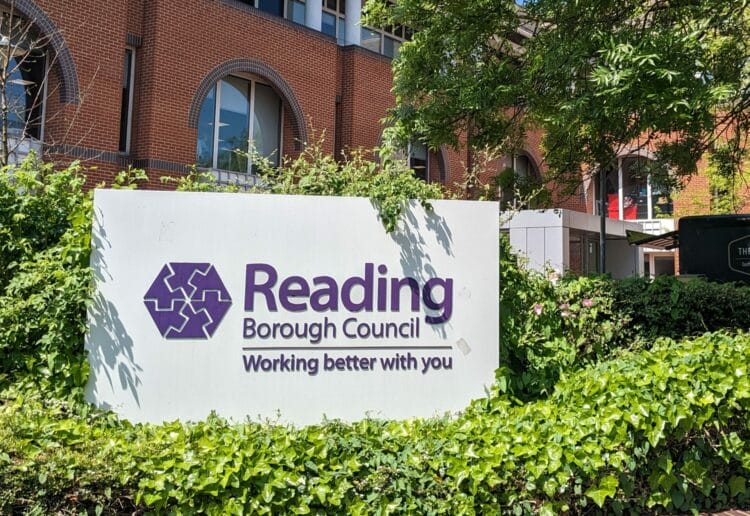READING Borough Council says it has been “frustrated” in its efforts to block laws which will allow developers to build “sub-standard” homes.
The council has attempted to block new planning laws that allow housing developers to bypass planning applications with Article 4 Directions in parts of Reading.
These are tools used by local councils which allows them to remove what are called Permitted Development Rights, which allow changes to be made to a building without the need to apply for planning permission.
Since PDRs have been used to permit conversion of commercial and retail premises to residential properties, the council implemented a number of Article 4 Directions last autumn.
It cited the difficulty experienced by those moving into residential conversions, which can prove to be inappropriate places to live due to noise disturbances and air quality.
It also notes that the conversion of commercial spaces often leads to poor-quality residences with little or no outdoor space, and often restricted to one-bedroom or studio apartments.
As of October last year, more than 80% of PDR home developments fell into this category, and the council estimated that this cost the town nearly 600 new, affordable homes, as well as at least £3.5 million in off-site contributions to affordable housing since 2013.
Now the government is seeking to reduce the effectiveness of the Article 4 Directions, which were put in place to cover the town centre as well as a number of district centres, “core” employment areas, as well as areas of poor air quality.
The directions are subject to modification by the Secretary of State, but Reading Borough Council said it was negotiating with the Department for Levelling Up, Housing, and Communities (DLUHC) since they were implemented in late 2021.
This led to an initial reduction of the area covered by the directions by 77%, followed by a request by the DLUHC for further evidence of issues regarding noise and air pollution.
Then in the summer of this year, the then secretary of state wrote to the council warning that the directions would be modified unless it was not reduced further.
Simon Clark, then secretary of state, confirmed the modification will go ahead back in October, leaving just 21% of the initial directions left in place.
The council says that this will mean the only places covered by the directions would consist of shopping streets in the town centre, core employment areas, and the “most significant” frontages in district centres.
The full impact of the change is now set to be discussed at a Council Policy Planning Committee meeting taking place next Wednesday, December 13.
Cllr Micky Leng, Reading Borough Council’s lead for planning, said: “While it’s fair to say confirmation of this major modification by the Secretary of State was not unexpected, given our knowledge of the ongoing negotiation with Government, that’s not to say it is not hugely disappointing.
“Reading residents will know first-hand the detrimental impact poorly converted bedsits and one-bedroom flats have on local communities.
“They are often crammed into completely unsuitable locations and the poor people who are forced to live in them have to contend with disturbance, noise and poor air quality because of where they are located.”
He continued: “For the Secretary of State to further modify the Article 4 Direction to specifically exclude areas which were justified by poor air quality and/or noise is hugely unjust and has effectively diluted down a local planning policy introduced by a local Council doing its best to protect the local communities and residents it is responsible for.
“At one million square metres of land, the Council has still managed to protect more of its areas, including core employment areas, than many other councils who have put similar directions in place, but we remain disappointed at the outcome.”
He explained: “It remains essential that the correct planning framework is in place nationally to enable local councils to keep an overview of local planning decisions.
“Councils must retain the ability to insist that developers build suitable homes and make an appropriate contribution to local infrastructure and affordable housing, as opposed to solely increasing their profit margins at our expense.”
The committee report is available to view in full ahead of the meeting via: democracy.reading.gov.uk
























